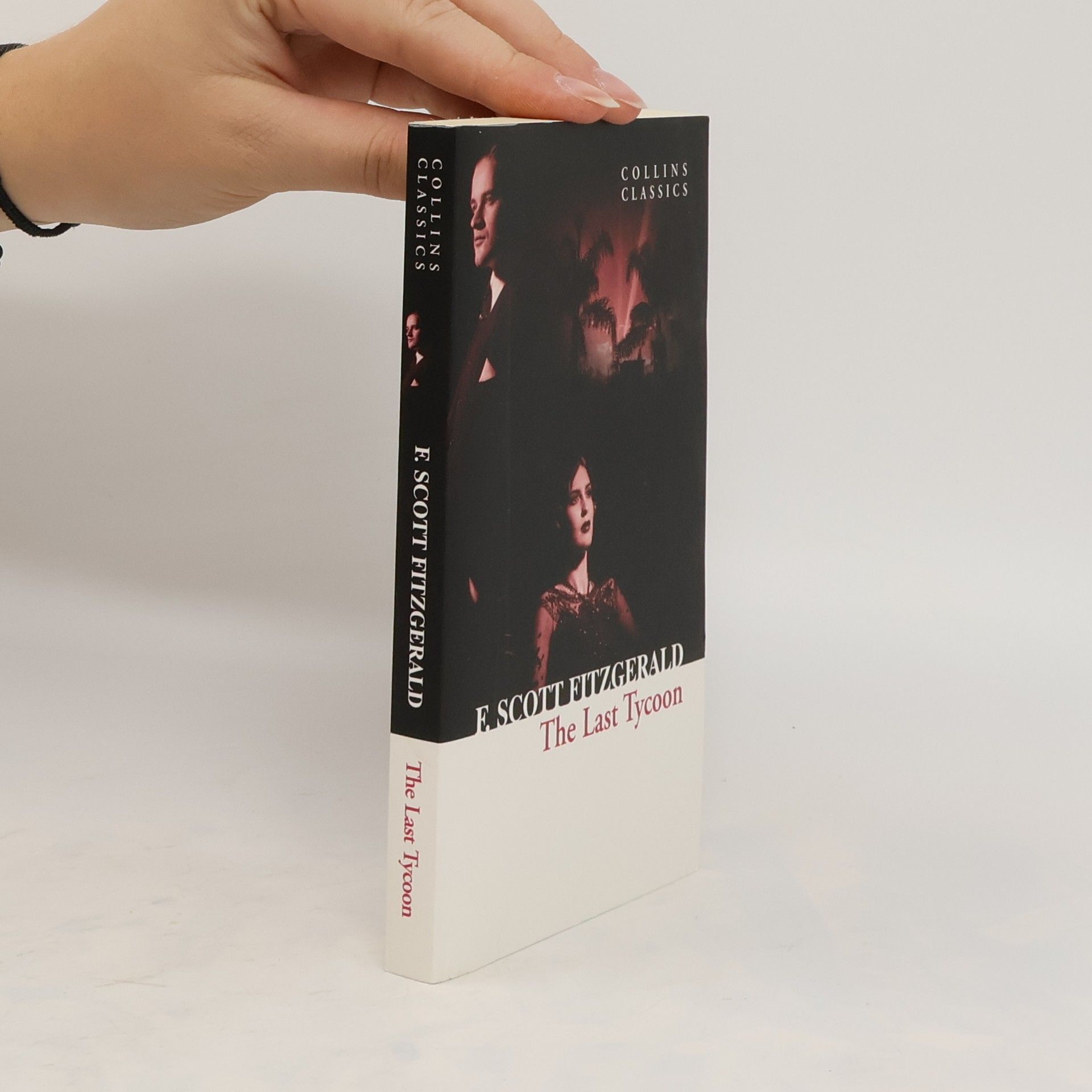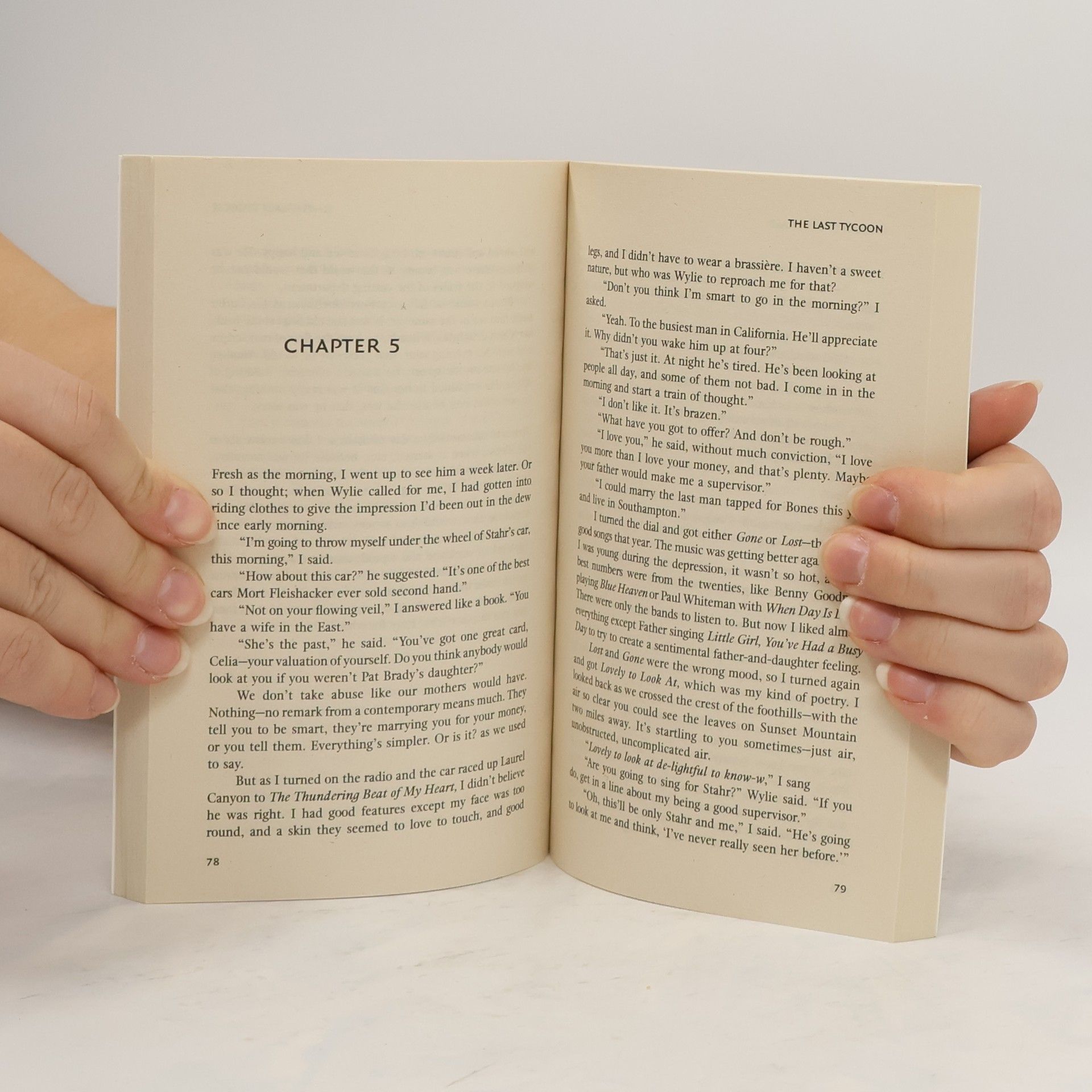The Last Tycoon
Autoren
Parameter
Kategorien
Mehr zum Buch
These sumptuous new hardback editions mark the 70th anniversary of Fitzgerald's death. Their eyes 'met and tangled. For an instant they made love as no one ever dares to do after. Their glance was slower than an embrace, more urgent than a call'. A novel of the glittering decadence of Hollywood in its heyday, this was Fitzgerald's last work and he died without completing it. The novel's tragic tycoon hero is Stahr. Caught in the crossfire of his own effortless cynicism and his silent, secret vulnerability, Stahr inhabits a world dominated by business, alcohol and promiscuity. If there is a moral or social necessity to film-making in this West Coast never-never land, Stahr does not always believe in it. If there is love he does not always see it. The sharpness of Fitzgerald's prose, the steely simplicity of his style, give a cutting edge to this study of Hollywood in the thirties, from which Fitzgerald draws a painfully bitter-sweet love affair and bids his own poignant farewell to the Great American Dream.
Sprache
Buchkauf
The Last Tycoon, F. Scott Fitzgerald
- Sprache
- Erscheinungsdatum
- 2014
- Buchzustand
- Gut
- Preis
- 0,95 €inkl. MwSt.
Lieferung
Zahlungsmethoden
Deine Änderungsvorschläge
- Titel
- The Last Tycoon
- Sprache
- Englisch
- Autor*innen
- F. Scott Fitzgerald
- Verlag
- HarperCollins
- Erscheinungsdatum
- 2014
- Einband
- Paperback
- ISBN10
- 0007574908
- ISBN13
- 9780007574902
- Kategorie
- Weltprosa
- Beschreibung
- These sumptuous new hardback editions mark the 70th anniversary of Fitzgerald's death. Their eyes 'met and tangled. For an instant they made love as no one ever dares to do after. Their glance was slower than an embrace, more urgent than a call'. A novel of the glittering decadence of Hollywood in its heyday, this was Fitzgerald's last work and he died without completing it. The novel's tragic tycoon hero is Stahr. Caught in the crossfire of his own effortless cynicism and his silent, secret vulnerability, Stahr inhabits a world dominated by business, alcohol and promiscuity. If there is a moral or social necessity to film-making in this West Coast never-never land, Stahr does not always believe in it. If there is love he does not always see it. The sharpness of Fitzgerald's prose, the steely simplicity of his style, give a cutting edge to this study of Hollywood in the thirties, from which Fitzgerald draws a painfully bitter-sweet love affair and bids his own poignant farewell to the Great American Dream.


